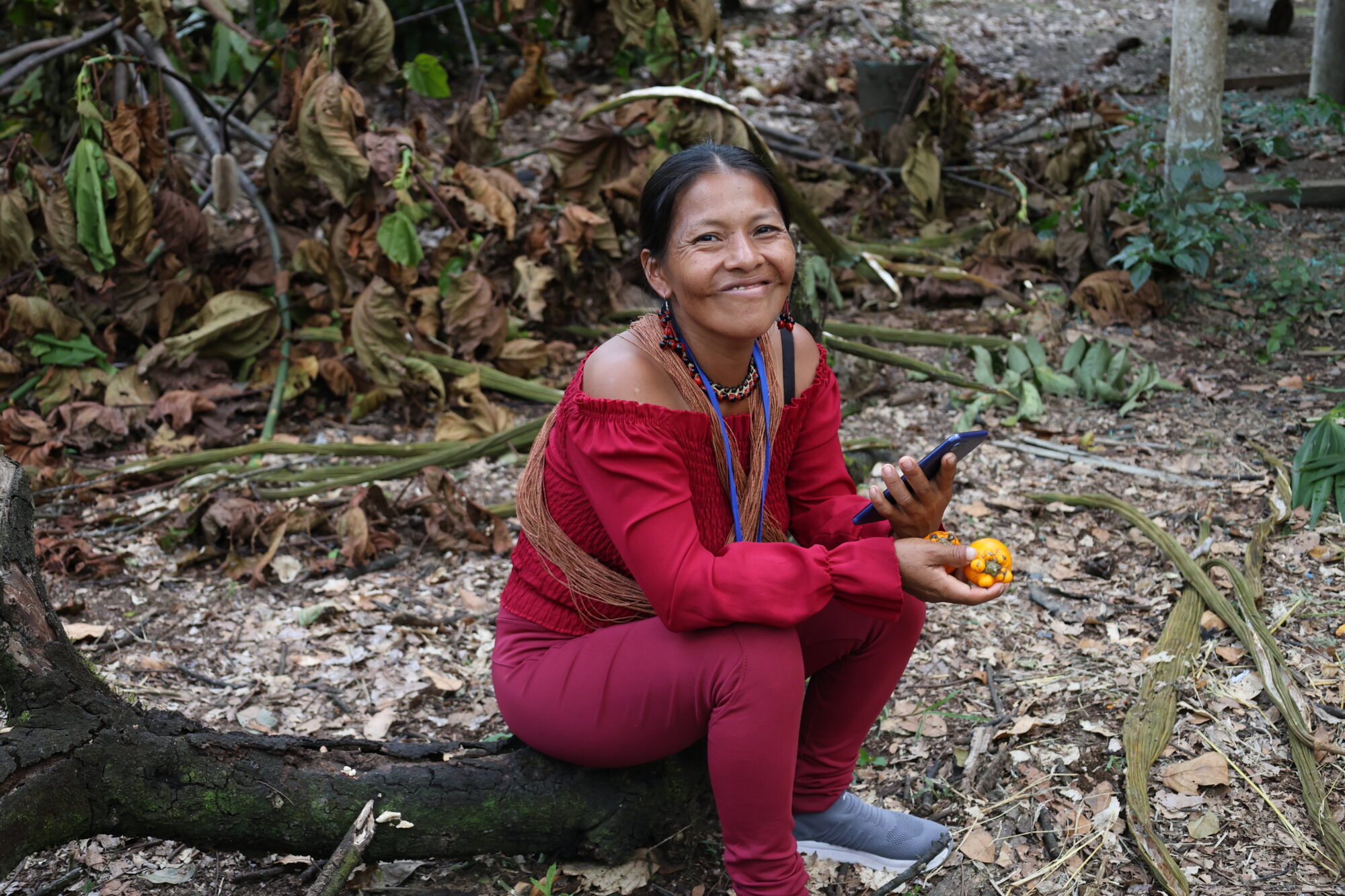Pastaza, Ecuador
The province of Pastaza, Ecuador, has developed the first subnational REDD+ plan in the country, ensuring that the seven indigenous nationalities of the region are not only consulted, but also lead decisions about their territories. Its REDD+ plan integrates the knowledge and consent of indigenous communities in the management of biodiversity and forests. Through a participatory process, a strategy has been designed to reduce deforestation, strengthen territorial governance and promote sustainable production models that balance environmental conservation with the well-being of local populations. This effort contributes to building just resilience, ensuring that communities not only protect their ecosystems, but also benefit from them in an equitable and sustainable manner.
This case study is part of a special collection that is part of Regions4’s work on Subnational Just Resilience, and is supported by the Scottish Government. Its aim is to identify, highlight, and analyze experiences developed by regional governments in the Global South that exemplify approaches and actions that integrate environmental sustainability with social and/or economic justice. Each case is analyzed based on Just Resilience criteria (available here).
The full case study in Spanish, French and English are available below:
-
Integration of cultural and ancestral knowledge into the biodiversity plans of Pastaza(Español)
Descargar -
Integration of cultural and ancestral knowledge into the biodiversity plans of Pastaza (English)
Download -
Integration of cultural and ancestral knowledge into the biodiversity plans of Pastaza (Français)
Télécharger
